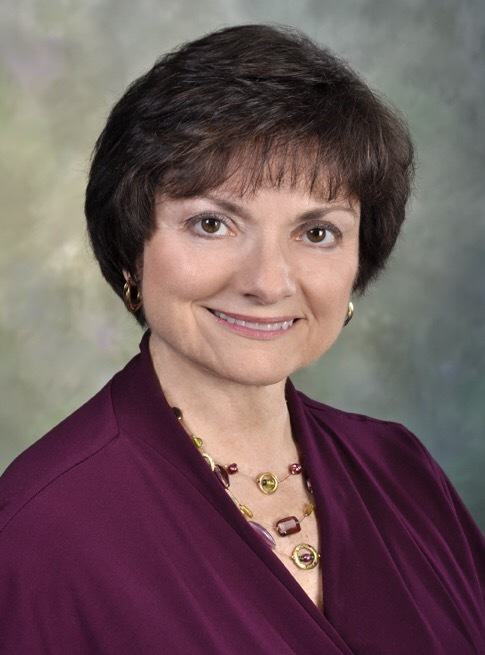Alumni Excellence Award: EnTERPrenuer Award Recipient Jayson Dubin ’97
Alumni Excellence Award: EnTERPrenuer Award Recipient Jayson Dubin ’97

By Andrew Faught
In 2007, online advertising was booming. Google and Microsoft were making headlines with the purchase of two online advertising platforms. Smartphones were new on the market.
Watching it all was Jayson Dubin ’97, who as a division president for a publicly traded media company handled sales and marketing duties for two gaming magazines and four related websites.
He saw a different kind of future for himself. Business was moving, in a word, vertically.
It was Dubin who, in 2007, created the world’s first vertical advertising network, called Intergi (which he renamed to Playwire in 2014), tailored initially to online video game websites. Using algorithms, vertical ad networks operate differently from traditional ad networks, focusing on niche industries, like gaming, entertainment, and other sectors, such as kids' content and anime, all of which are Playwire clients.
Vertical networks, thanks to Dubin, who is the company’s CEO, have become a reliable moneymaker in the advertising world.
“What we have here is a machine where I can put in a dollar and $1.50 comes out the other end,” says Dubin, who describes Playwire as a “revenue amplification company” that caters to all online publishers and app developers. By 2024, thousands of businesses have used Playwire, from entertainment to real estate, and from education to gaming. Clients have included Redfin, Enthusiast Gaming, Jamie Oliver, CoolMathGames, and Letterboxd.
The company, based in Boca Raton, Florida, with hubs in Los Angeles, Chicago, New York and London, employs 150 people.
“You don’t have to worry about ad servers, technology or code updates anymore,” Dubin says. “We handle everything. If you’re a sole proprietor, we’re helping you run your business more efficiently.”
Seventeen years after its founding, Playwire has grown into one of the top 50 largest advertising businesses in the United States, competing against industry giants that include Google, Yahoo, Hearst, and Disney.
In the world of digital tech innovation, Dubin is guided by a singular question: “How high can I go?”
He doesn’t take success for granted. Artificial intelligence is helping to reinvent ad sales by completing tasks that machines can do, freeing up humans to focus on more thought-provoking projects.
“I have a drive to win,” Dubin says. “I wake up in the morning and mediocrity isn’t something that I’ll ever allow for myself or my business. I’m always going in and pushing the envelope.”
Dubin’s business sensibilities stem mostly from his mother, who encouraged her son to work as early as age 10 selling toy cars at a flea market. That initial experience taught him the virtues of punctuality, reliability, focus and resilience.
It was at Maryland that Dubin received a degree in arts and humanities. He also developed important relationships and he took sensibilities from a newly learned acronym: FAIL.
“First attempt in learning,” he says. “So even if something doesn’t work, it still adds to your ability to optimize yourself or your process. I had tons of failures before Maryland, at Maryland, and after Maryland. But Maryland was a great place to meet people and foster my creativity.”

The Maryland Awards: Meet This Year's Honorees

Alumni Excellence Awards: Legacy Award Recipient Sue Bredekamp ’72, ’76, Ph.D. ’85

Alumni Excellence Awards: Rising Terp Recipient Rick Marving Tamno ’17, ’20

